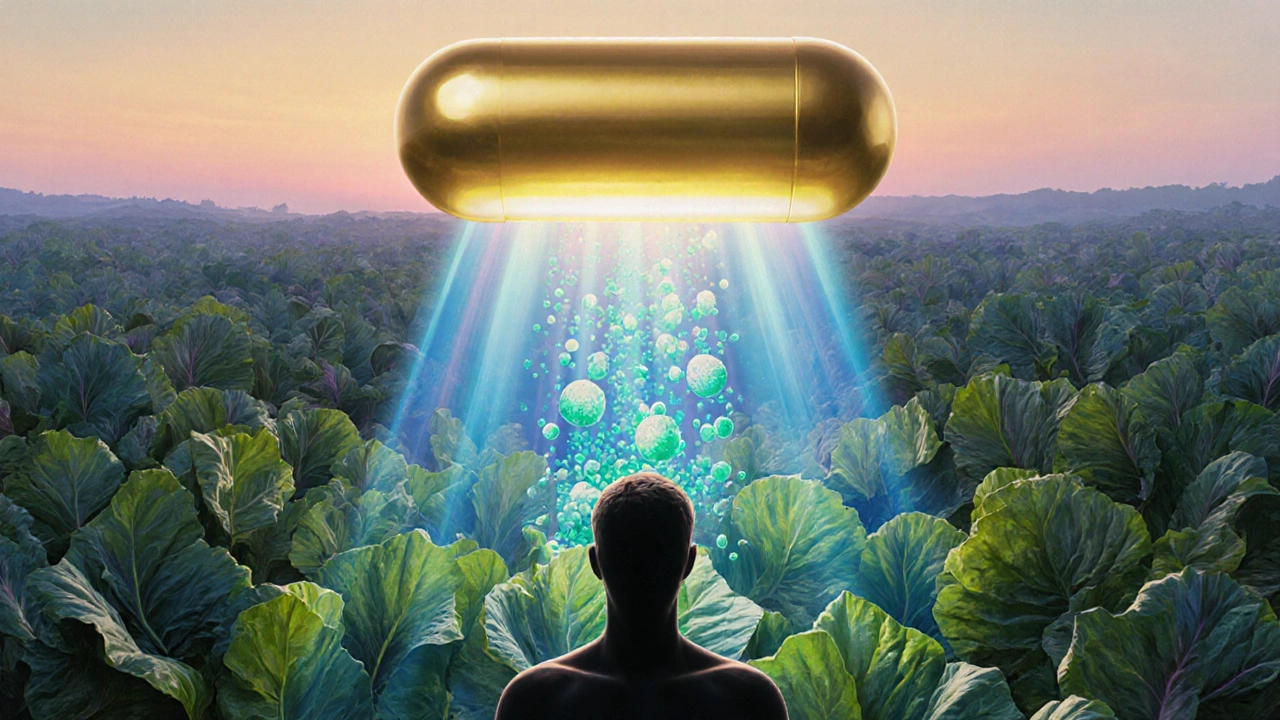Dietary Supplement for Energy: What Actually Works and What Doesn't
When you're running on empty, a dietary supplement for energy, a product taken orally to boost physical or mental stamina. Also known as energy booster, it's not magic—it's chemistry. But not all supplements deliver what they promise. Some work because science backs them. Others are just sugar and color in a capsule. The real question isn’t whether supplements can help—it’s which ones actually change how you feel, and which ones just make your wallet lighter.
Take B vitamins, a group of water-soluble nutrients critical for converting food into usable energy. Also known as vitamin B complex, they’re the engine room of your cells. If you’re deficient—common in people who eat processed food, skip meals, or drink too much alcohol—adding B12 or B6 can make a real difference. But if you’re already getting enough from food? Taking extra won’t make you run faster or think sharper. It’ll just make your urine bright yellow. Then there’s caffeine, a central nervous system stimulant that blocks adenosine, the chemical that makes you feel tired. Also known as coffee extract, it’s the most studied energy booster on the planet. It works. Fast. But tolerance builds. And crash follows. Used right, it’s a tool. Used wrong, it’s a trap.
What about creatine, a compound naturally made in the body that helps regenerate ATP, the molecule that powers muscle contractions. Also known as creatine monohydrate, it’s not just for bodybuilders. Studies show it boosts mental focus and reduces fatigue in people who don’t lift weights—especially under sleep loss or stress. And unlike many energy pills, it’s been tested in over 500 clinical trials. Then there’s the long list of things that don’t work: ginseng extracts with no standardized dose, green tea extracts that contain less caffeine than a soda, and herbal blends with ingredients you can’t even spell. These aren’t just ineffective—they’re risky because they hide what’s really inside.
The best dietary supplement for energy isn’t a pill at all. It’s knowing what your body needs. Are you tired because you’re dehydrated? Because you’re not sleeping? Because you’re eating too much sugar? Fix those first. Supplements are a last step—not a shortcut. And if you’re going to take one, make sure it’s backed by evidence, not a celebrity endorsement. The posts below show you exactly what’s in the most popular energy supplements, how they affect real people, and which ones are worth your money—and which ones are just noise.

Unlock Your Body's Full Potential with Collard: The Dietary Supplement That Delivers Results
Collard supplements offer concentrated nutrients from collard greens to reduce inflammation, support detox, boost energy, and improve joint health. Learn how they work, who benefits most, and what to look for in a quality product.